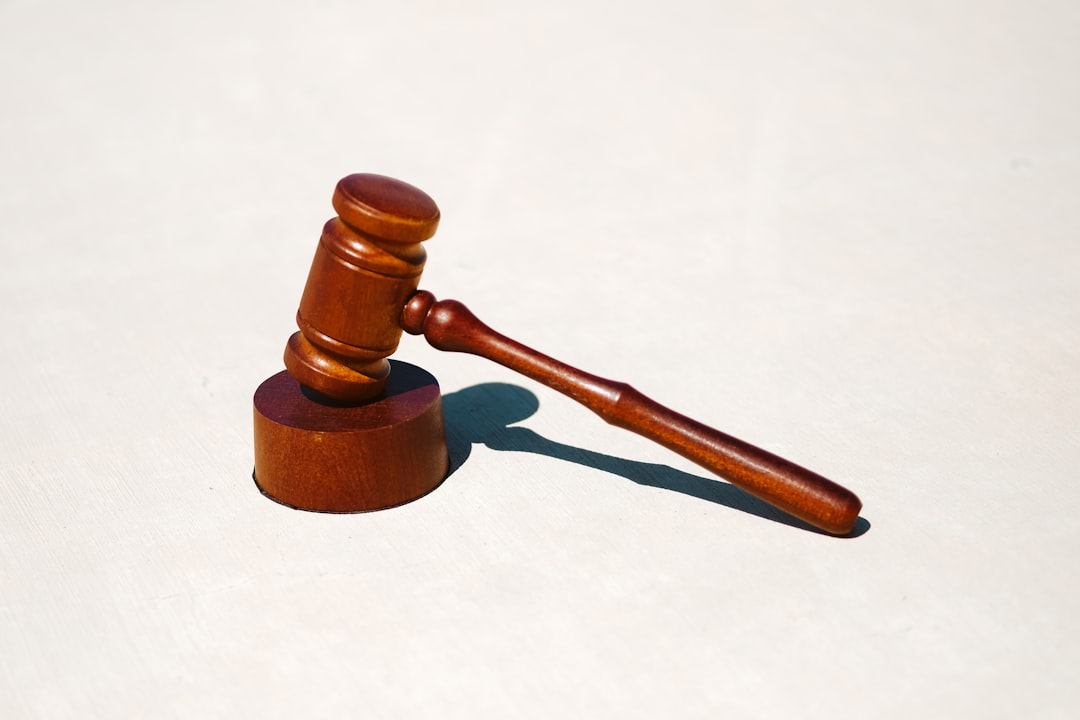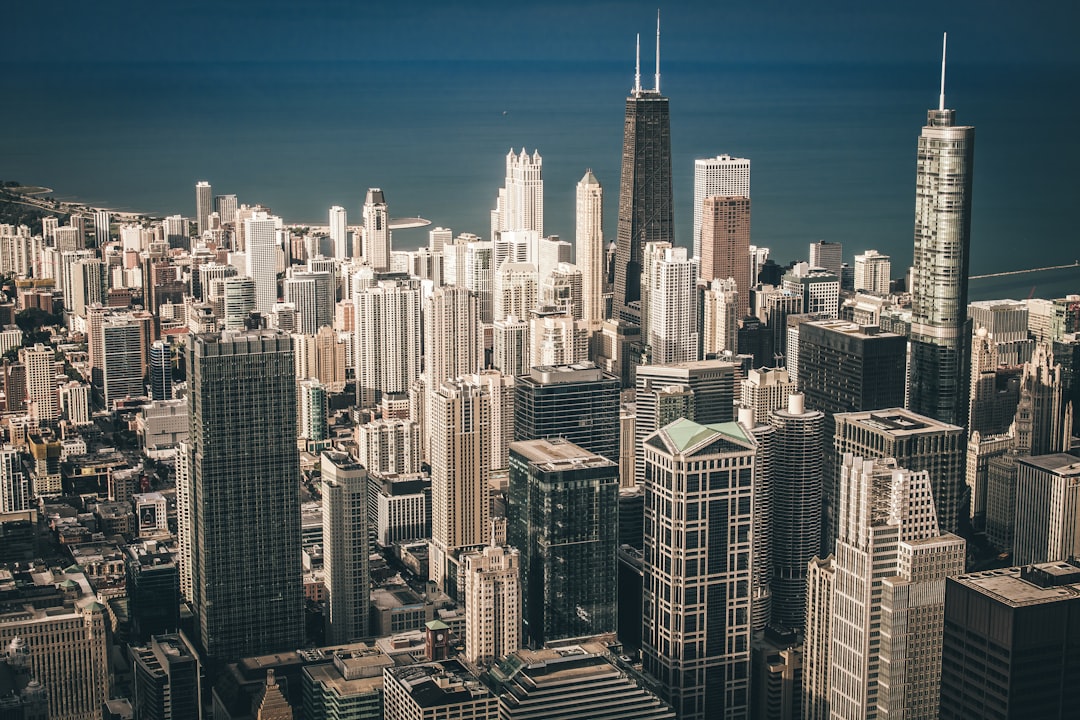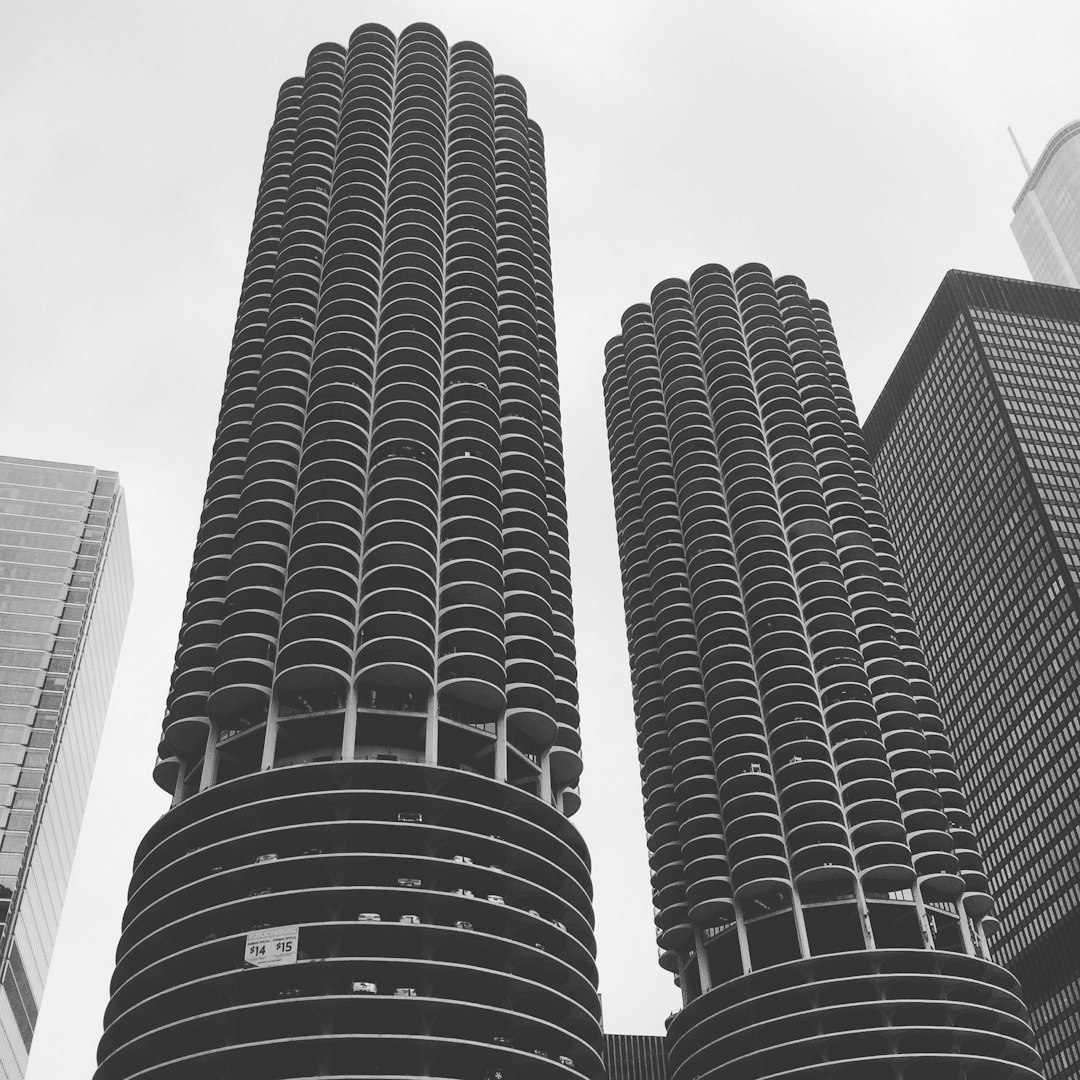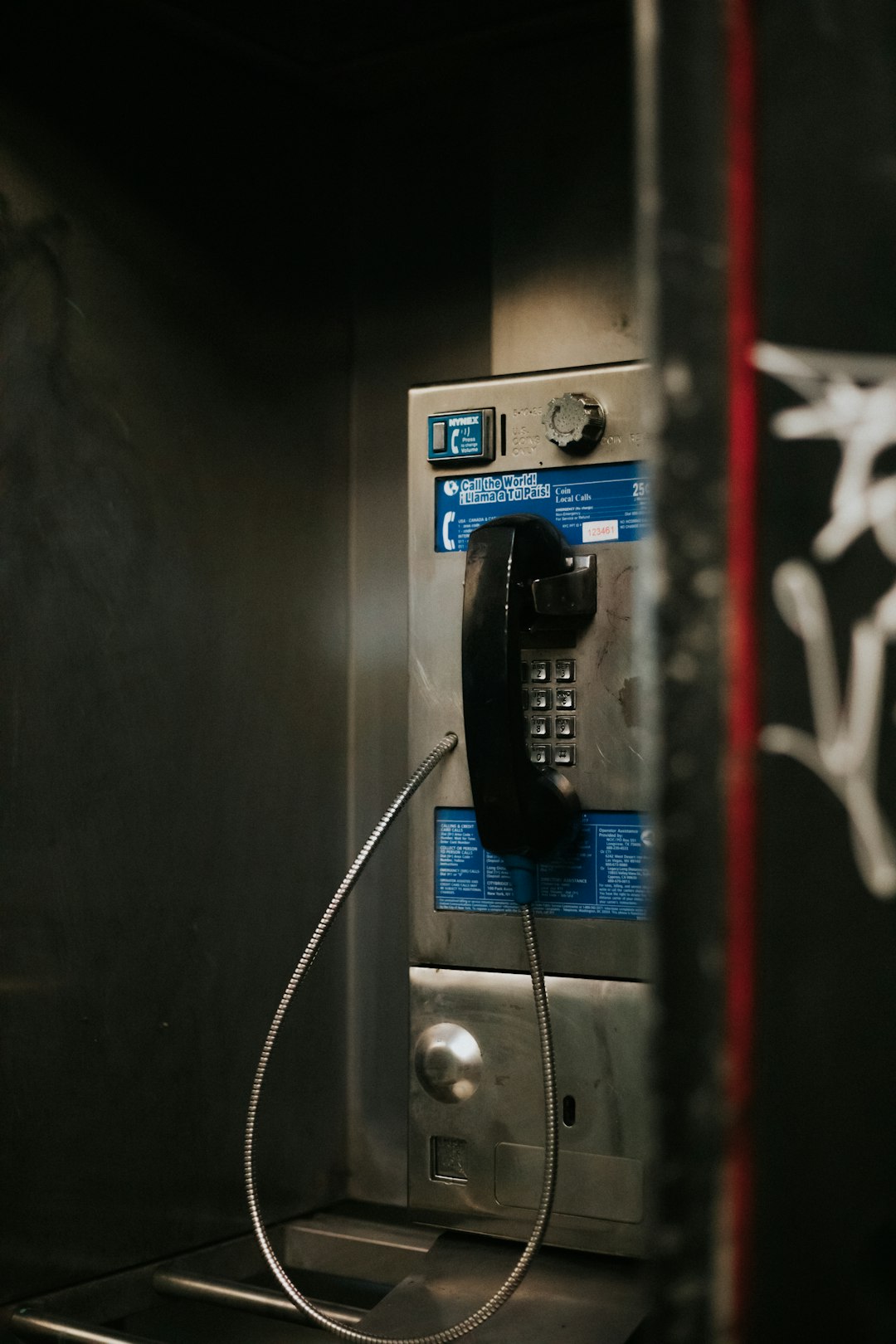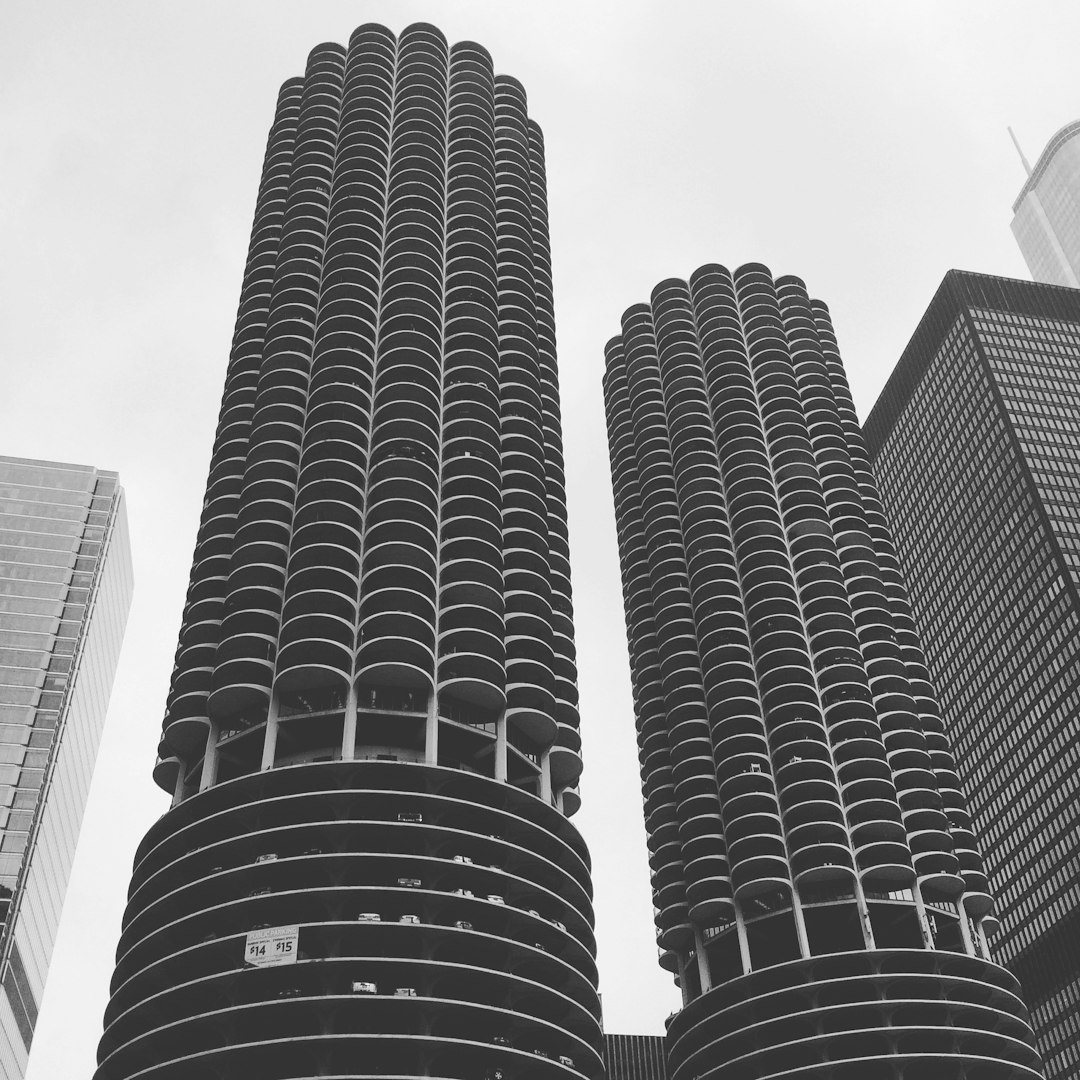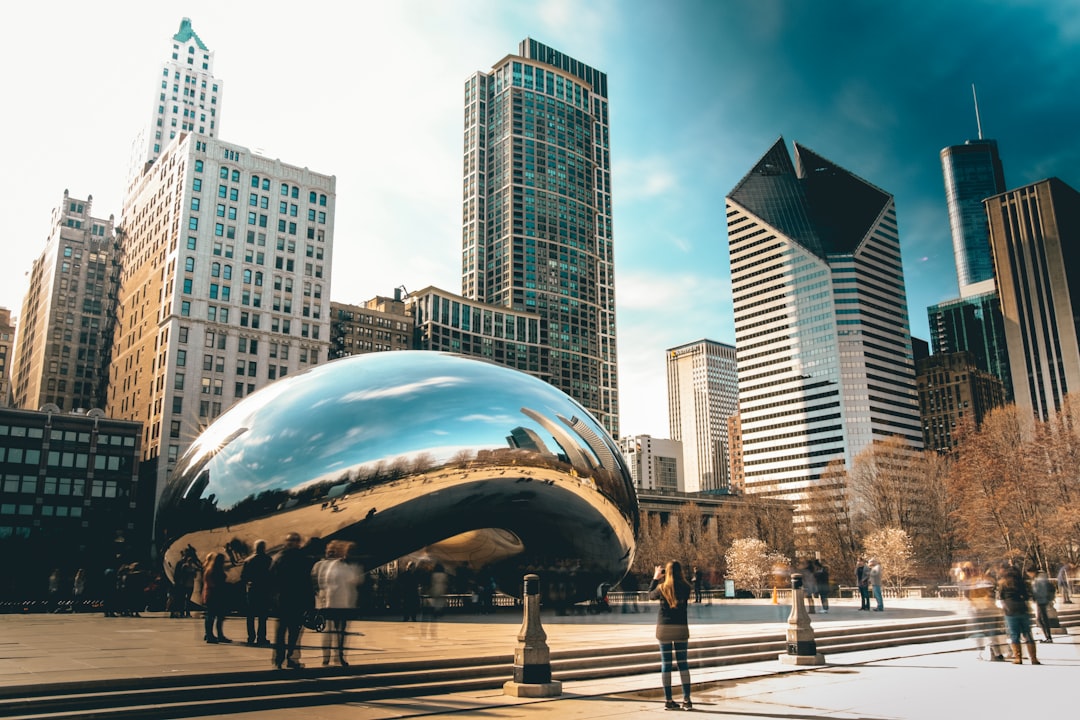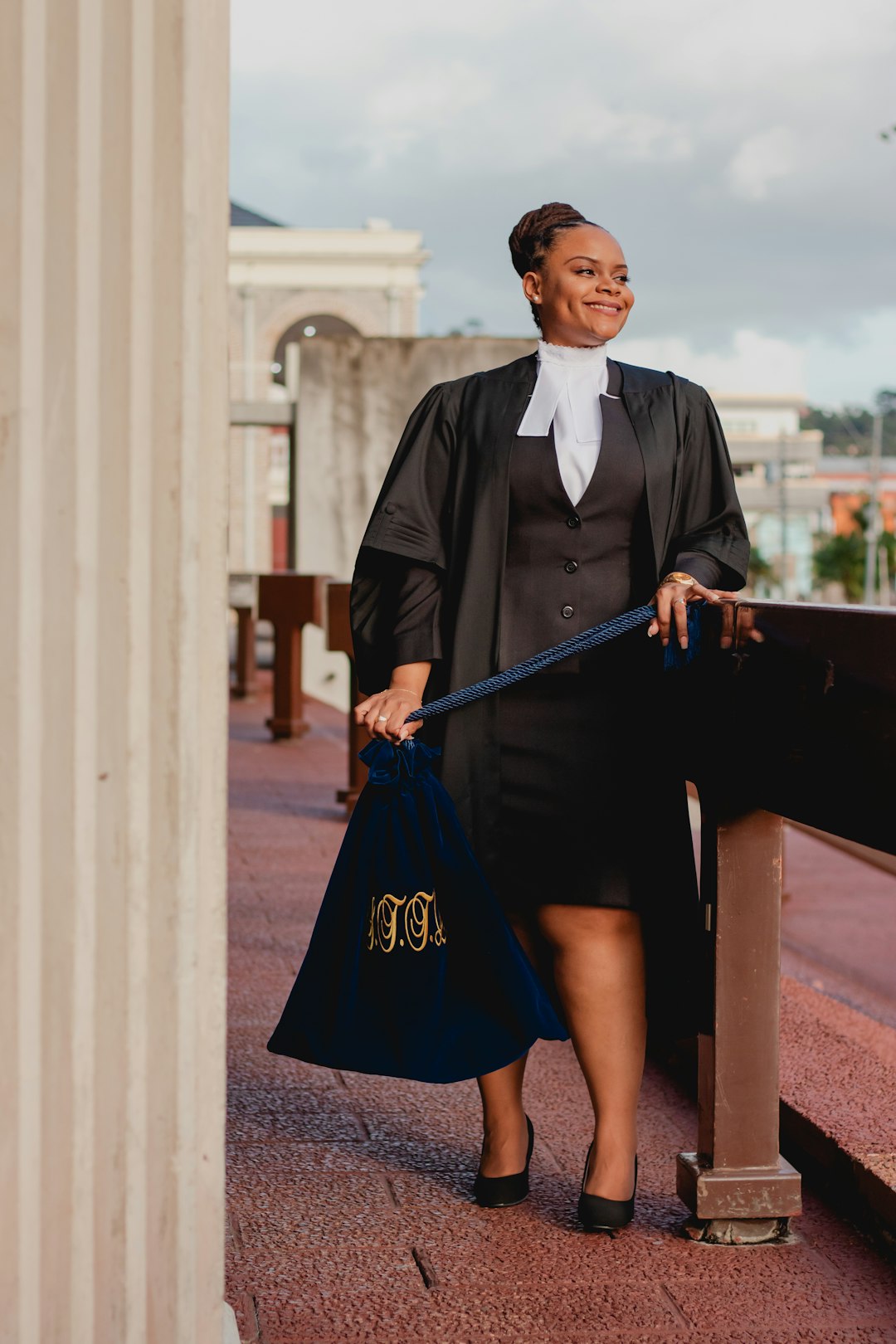In Chicago, both state and local laws protect residents from unwanted phone calls and harassment. The Telephone Consumer Protection Act (TCPA) prohibits automated voice calls without consent, while local ordinances offer additional protections with penalties for violations. Consulting a reputable unwanted call attorney Chicago can help individuals interpret these laws, determine rights' violations, take action against perpetrators, block future calls, and seek compensation. Building a strong support network through community organizations, non-profit groups, and advocacy organizations specializing in consumer rights and anti-harassment is crucial for victims. Documenting call details and seeking legal advice from a telecommunications law specialist are effective strategies to permanently end unwanted calls.
Chicagoans facing unwanted calls from debt collectors or telemarketers often struggle to find respite. Understanding your rights under Chicago’s strict unwanted call laws is the first step. This guide explores how to build a support network for victims, leveraging community resources and legal aid. If your situation escalates, knowing when to involve an unwanted call attorney in Chicago can be crucial for effective resolution and protection of your privacy.
Understanding Unwanted Call Laws in Chicago
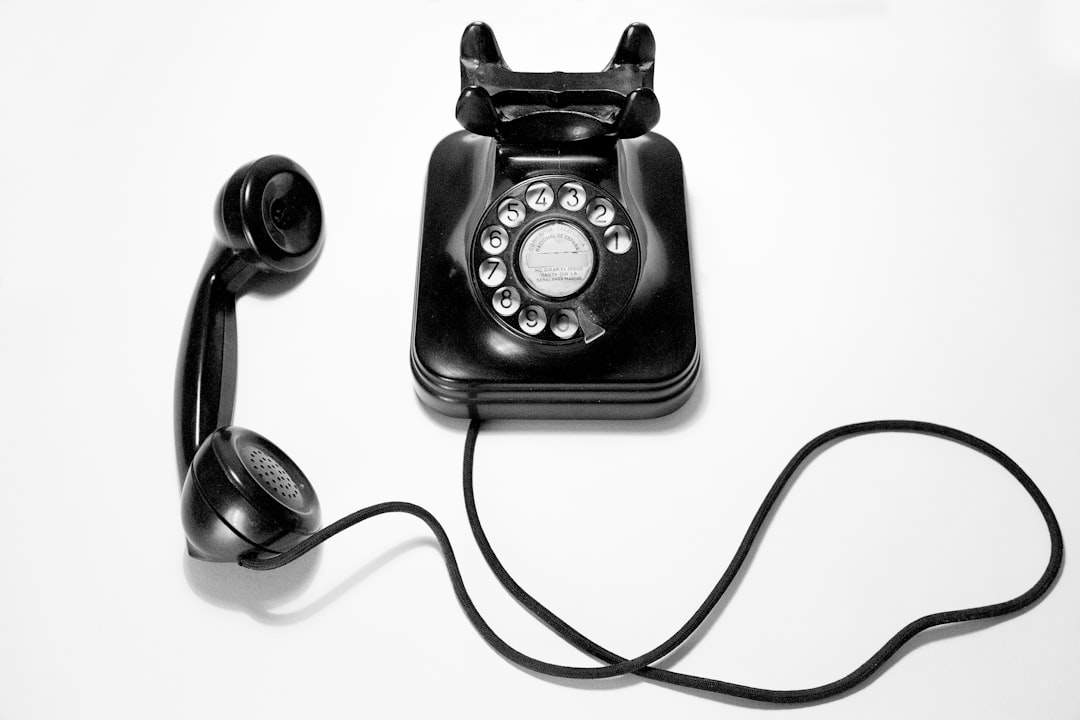
In Chicago, unwanted calls are regulated by state and federal laws designed to protect residents from harassment and invasion of privacy. Understanding these laws is crucial for those facing a deluge of unsolicited phone calls. According to the Telephone Consumer Protection Act (TCPA), it’s illegal for telemarketers or any individual to make automated, prerecorded, or artificial voice calls to landlines or cell phones without prior express consent. Chicago also has local ordinances that restrict these types of calls, with penalties for violations.
If you’re experiencing unwanted calls, seeking legal counsel from a reputable unwanted call attorney Chicago can be beneficial. They can help interpret the law and determine if your rights have been violated. This knowledge will empower Chicagoans to take action, block future calls, and potentially seek compensation for their distress.
Building a Support Network for Victims
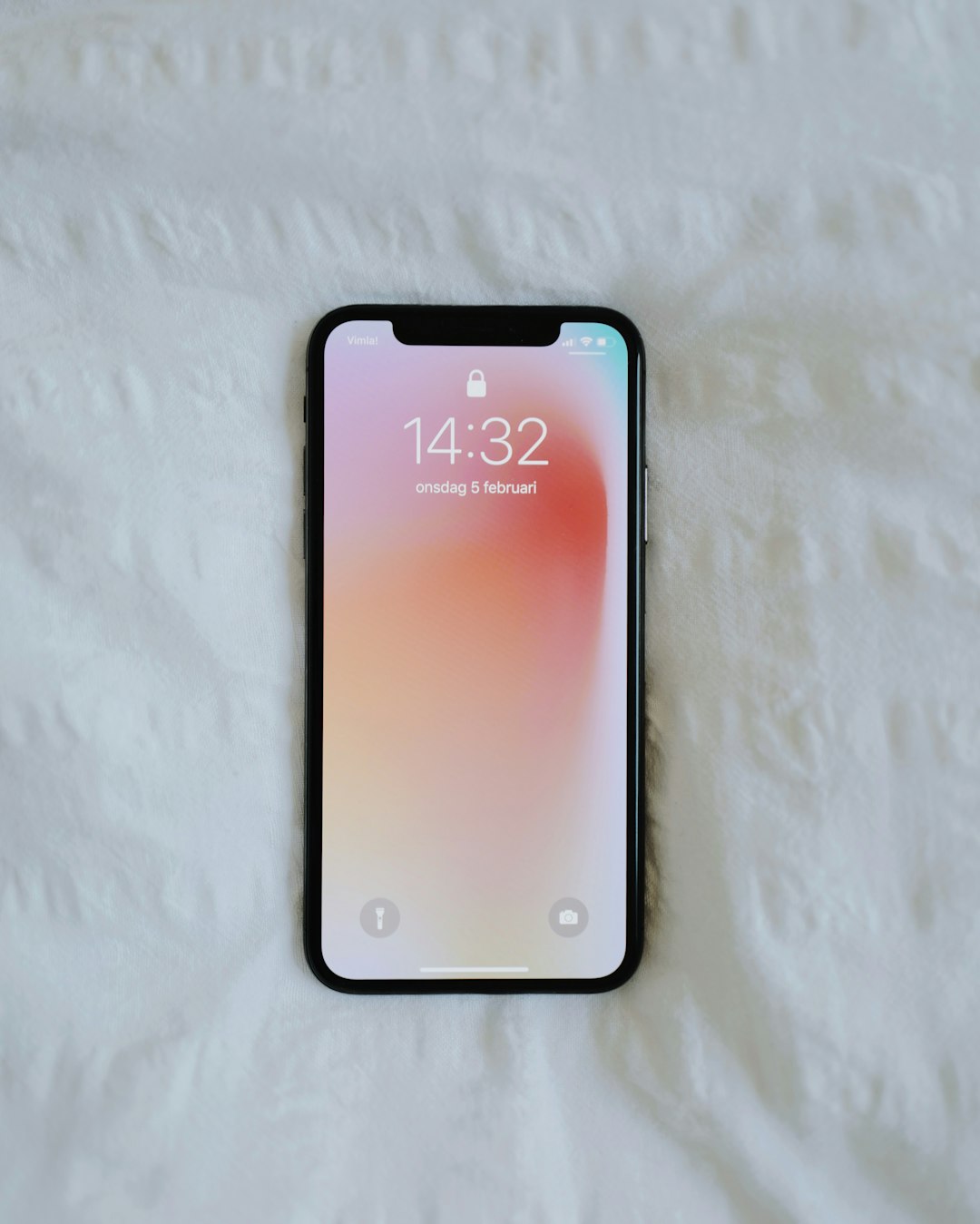
Building a robust support network is essential for victims navigating unwanted calls, especially in a bustling city like Chicago. Community organizations and local initiatives play a pivotal role in providing assistance and guidance to those affected by persistent or harassing phone calls. Connecting with fellow Chicagoans who have experienced similar situations can foster a sense of belonging and offer invaluable emotional support. Many non-profit groups and advocacy organizations focus on consumer rights, privacy protection, and anti-harassment measures, serving as valuable resources for victims seeking relief from unwanted call attorneys in Chicago.
These networks facilitate the exchange of knowledge, experience, and practical solutions. They organize workshops, awareness campaigns, and peer support sessions to educate individuals on blocking calls, understanding legal rights, and reporting malicious callers. By joining these communities, victims can gain access to up-to-date information, find like-minded individuals, and even collaborate with local law enforcement or legal professionals specializing in telecom regulations and unwanted call attorney cases in Chicago.
Resources and Steps to Take: When to Involve an Attorney

Unwanted calls can be a significant source of distress, and for Chicagoans facing persistent or harassing calls, knowing when to involve a unwanted call attorney Chicago is crucial. If the calls continue despite your efforts to stop them, or if they escalate in nature, legal action may be necessary.
The first step is to document every interaction by logging call dates, times, and contents. This evidence can be invaluable when discussing your case with a unwanted call attorney Chicago. Next, consider contacting the National Do-Not-Call Registry or local consumer protection agencies for assistance. If these measures don’t resolve the issue, consult with an attorney who specializes in telecommunications law. They can help determine the best course of action, which may include sending cease-and-desist letters, filing formal complaints, or even pursuing legal litigation to stop the unwanted calls once and for all.
